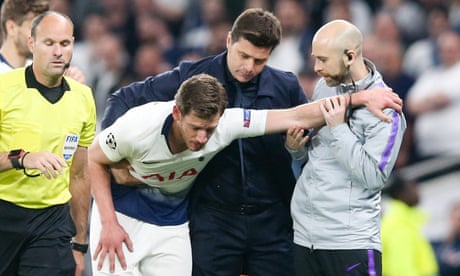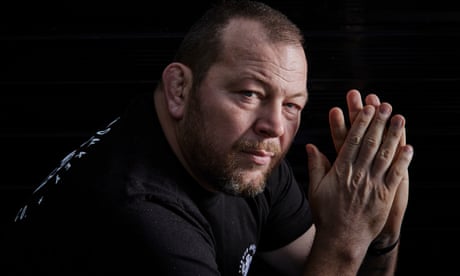An FT Editorial
The coronavirus pandemic means that 2020 will go down in history as the year with one of the deepest plunges in national income on record. In the UK, which has one of the longest continuous logs of economic output, gross domestic product looks likely to have fallen around a tenth this year, making for the biggest recession in three centuries. Yet even these figures, however eye-watering, do not capture the true collapse in wellbeing, which must be the ultimate goal of economic policy.
In theory, gross domestic product adds up everything that a country produces in one year. The fall in national income during 2020 is easy to explain: interruptions to normal economic activity have meant that far less has been produced. In this regard the drop in gross domestic product will capture some of the missed outings and trips to the cinema, the cancelled holidays and all the meals and drinks with friends that had to be postponed.
There is, however, plenty that the figures miss. To aggregate the value of very different activities that take place in an economy statisticians use market prices — allowing them to compare the production of both apples and oranges on a common scale. But the absence of these prices for much of healthcare and education in many countries — statisticians merely impute their production from how much the government spends on them — means the disruptions to schools and delays in administering non-coronavirus medical care is missed. Spending on healthcare might have risen but on a net basis societies got far less for their money.
On the other hand, public parks and other green spaces have become much more important but their contribution to the economy will not be registered as part of GDP. Unpaid labour too, those who tried to teach their children at home, sewed personal protective equipment or baked banana bread, will not appear in the story of the year told by national income figures. Nor will the drop in air pollution or the volunteers who took care of neighbours.
Even an accurate counting of the drop in production this year would still miss the psychological damage done by prolonged isolation and loneliness; the “hidden pandemic” of mental health problems. That suggests the solution would not be to expand the definition of gross domestic product to include the production it misses but to consider focusing on wellbeing directly.
All the same, the experience of this year — when governments shut down their economies in order to protect public health — has shown that economic growth has not been prioritised above all else. Already, a wider definition of wellbeing than a pure economic one is implicitly being used to inform policy. Daily count cases and death rates have played a much bigger role in policymaking than quarterly growth figures. Suggestions that health measures represent a trade-off with economic fortunes have also been overplayed. The best way of protecting jobs this year has been keeping the virus under control: New Zealand, which managed to remain virtually virus-free thanks to an early and strict lockdown, is reaping the economic rewards.
This will remain true when the pandemic has passed. A healthy and well-educated workforce is one of the most important prerequisites to growth and secure, well-paid, high quality jobs are among the best foundations to protect mental wellbeing. Unemployment and poor-quality work can easily destroy people’s sense of self-worth while a robust private sector is essential to provide the tax revenues for health and education. The goal should be to create the kind of society where economic growth and wellbeing go hand in hand.


